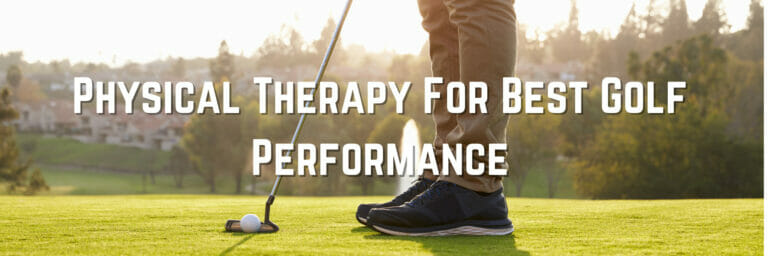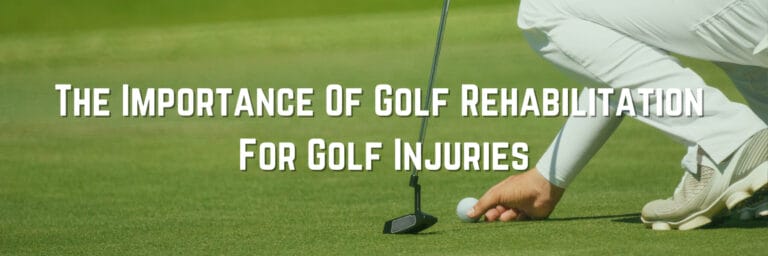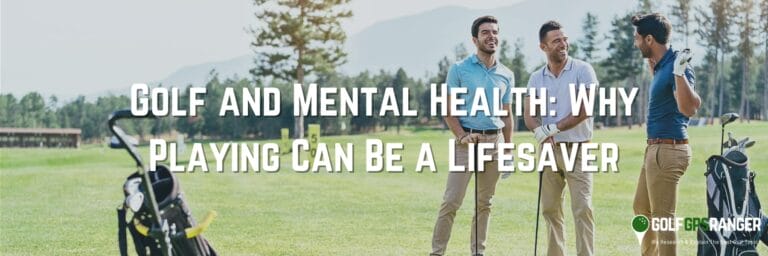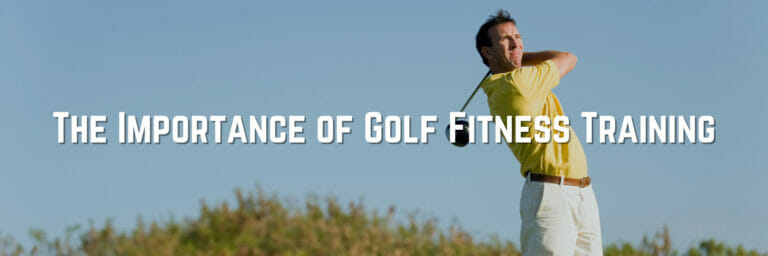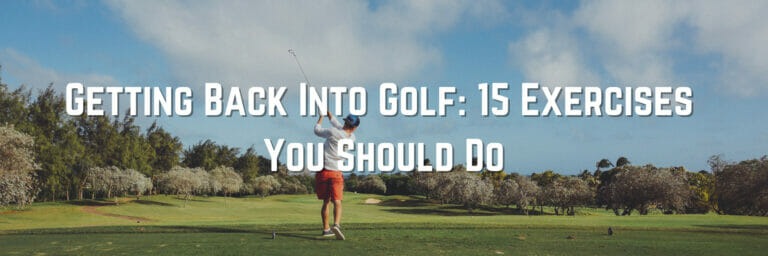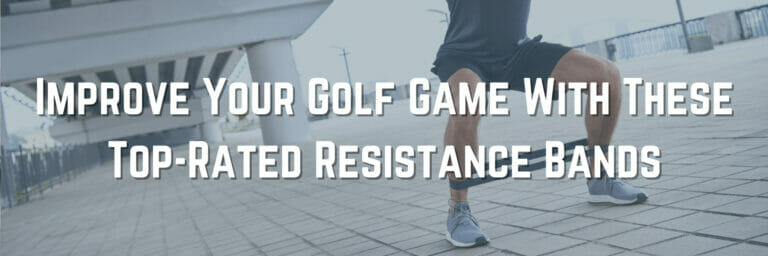Herniated Disc Injury: How To Return To Golf Fast
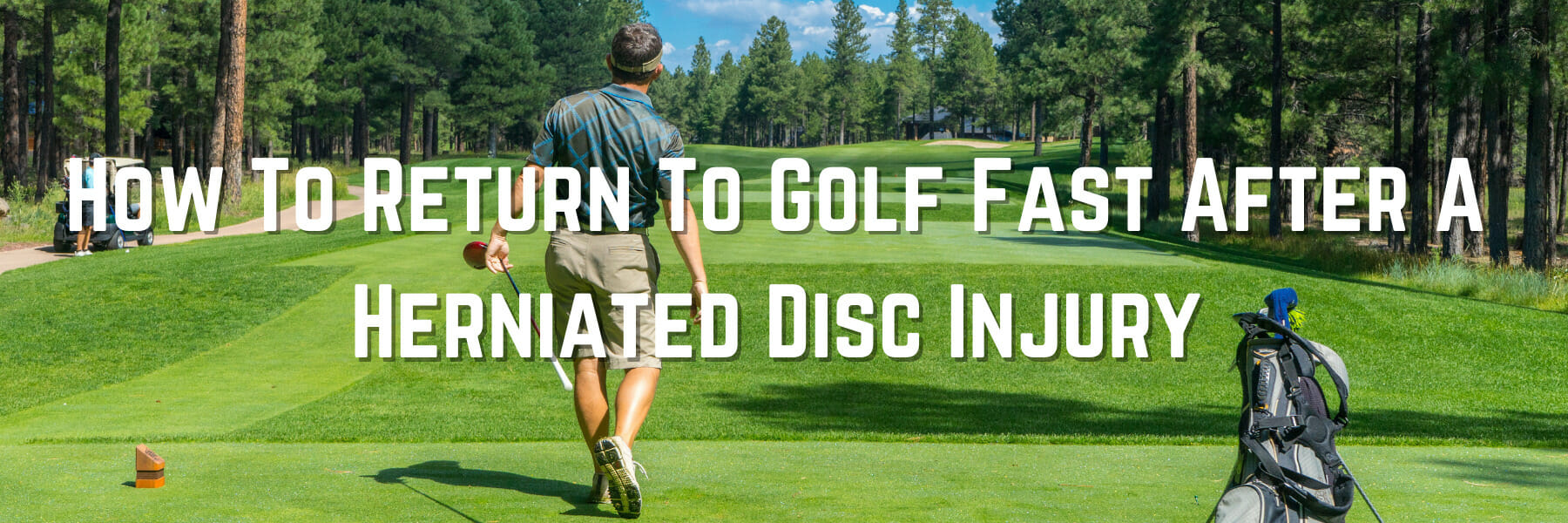
!!!!DISCLAIMER!!!! This site may contain Amazon & other affiliate links.
This means if you click on one of the product recommendation links, this site may receive a small commission. This is at no extra cost to you and may include exclusive discounts when possible. This helps support this site and allows us to keep making content like this. Thank you for your support!
A herniated disc injury is common in the back that causes it to hurt. This can be very painful for people who play golf, and therefore must be treated very carefully. We care about your health, and we want to help you get back on the golf course as soon as possible. So we are going to talk about everything you need to know about herniated disc recovery and how you can go back to playing golf in no time!
Golfers & Herniated Disc Injury
Golfers who play regularly may experience injuries to their lower or back areas. This can be very painful, especially because it is hard for the injured person to keep the body upright correctly during play and also to focus mentally on their game.
Physical therapy is often necessary in order to recover from back injuries sustained from playing golf. A herniated disc is one common injury that can occur in golf. It is a condition where the discs in the spine get ruptured or even prolapsed.
It is very helpful to understand what a herniated disc is so that it can be looked at from all angles when deciding whether to seek physical therapy or not. Recognizing the symptoms and causes of a herniated disc can allow the person making medical decisions to treat accordingly.
There are many people who don’t know that they have a herniated disc and only find out about it after an accident or during regular check-ups with their general physician.
This is why it is very important for you to know what a herniated disc looks like, so you will be aware of it if you develop any symptoms.
In this video, Dr. Derek Papp, Sports Medicine Physician with Miami Orthopedics & Sports Medicine Institute, explains Herniated disk in a golfer is very painful, and can tremendously affect your leg, arm and hand.
Herniated Disc Symptoms
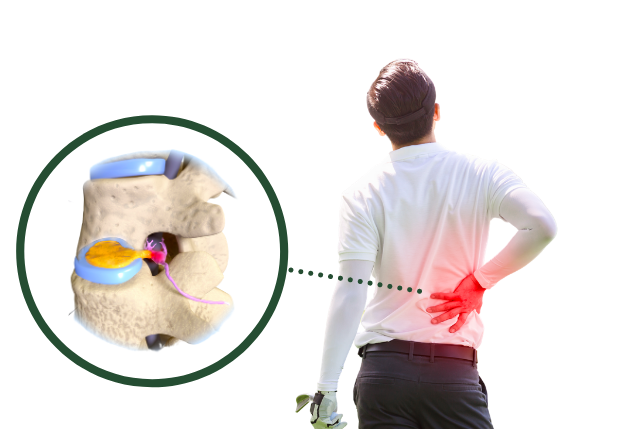
A herniated disc is most commonly found in people over the age of 40, but this is not always the case. Some people develop disc issues after being in an accident, or sometimes it can arise out of nowhere. The symptoms of a herniation in the lower back area include:
- Pain in the lower back during physical activity
- Stiffness in the low back while sitting for long periods of time
- Pain and weakness while standing up from a bending position
- If your pain is worse when sneezing, coughing, or even laughing, you may have pinched nerves or intervertebral disc problems.
If you notice any of the symptoms listed above, you have to seek medical help immediately to try and identify the underlying cause.
The earlier a herniated disc is treated, the easier it is for treatment and recovery because there is less pressure on the spinal cord. A doctor can usually make a diagnosis based on your symptoms and a physical examination that shows painful areas of your back.
What Causes A Herniated Disc While Golfing?
A herniated disc is a common injury in the back that causes one’s back to hurt. This can be very painful for people who play golf, and therefore must be treated very carefully.
Golf is a sport where the player needs to bend over repeatedly, which puts stress on the spine tissues, which can lead to a herniated disc. A herniated disc occurs when there is damage to the discs in the spine. These discs act as cushions between the bones of your spinal column.
They are able to hold up a certain amount of pressure, but they can also tear or bulge, which causes pain, numbness, and/or weakness in the arms or legs. A herniated disc can occur while playing golf because it involves bending over repeatedly, which puts stress on the spine tissues, which can lead to a herniated disc.
What You Need To Do
If you feel that your back is giving out on you while you are playing, it is important to stop immediately. Do not try to play through the pain, and do not try to walk it off.
A disc tear can become a serious and permanent condition if it is allowed to progress. The treatment for a herniated disc will involve anti-inflammatory medications and rest, as well as physical therapy exercises.
If the condition does not respond to these conservative treatments, surgery may be necessary. Disc surgeries are generally very successful, but they also require extensive rehabilitation time. Therefore, most surgeons recommend conservative treatments first in order to avoid surgery if possible.
Herniated Disc Cure / Remedy
Herniated discs happen when the soft gel-like center of a disc leaks through its outer covering. This bulge, called a herniation, can press against nearby nerves.
This can cause pain, numbness, and weakness in the arms or legs. There is no cure for the underlying cause of herniated discs. However, some types of back pain can be eased with non-surgical treatments.
Physical Therapy Exercises
Physical therapy is recommended if a person has a history of herniation, disc degeneration, or disc injury.
One physical therapy treatment option for herniated disc includes exercises to help ease back pain and strengthen muscles in the low back and abdomen. These exercises can help reduce stress on the back and improve flexibility.
Exercises to ease back pain may include:
- Lying in bed on your back or on your side, tighten the abdominal muscles to pull the navel toward the spine. Hold for 15 seconds and relax. Repeat ten times.
- Another exercise may include lying on your back with knees bent, feet flat on the floor, arms at sides. Tighten abdominal muscles by flexing your stomach. Hold for 15 seconds and relax. Repeat ten times.
Here is an article from Spine Health that goes deeper into what types of exercises you can do to help alleviate back pain.
How To Prevent Herniated Disc While Golfing
Luckily, there are some things you can do to help prevent a herniated disc.
First, it is very important to warm up before you play. Stretching your muscles will help them relax and loosen up. Then, you should make sure that you are not wearing any high heels or other uncomfortable shoes when you golf.
Additionally, make sure that you are playing with a proper golfing posture and stance so that your back is not only relaxed but also supported by the way you stand.
Finally, nutrition plays an important role in preventing herniated discs while golfing.
It is recommended to eat healthy fats and good carbs to avoid putting stress on your spine and discs, which can lead to herniated discs when playing golf.
Remember, prevention is key!
Recovery
To prevent further injury to the back, one must avoid activities that may make it worse. Resting is necessary in order for the body to heal itself, so golfers should not rush into getting back into their usual training regimen or playing after their backs have been injured.
Golfers should listen to their doctor when they give advice on what activities are safe to try and when it may be advisable to wait longer. Golfers can be advised by their doctor to try out certain exercises in order to strengthen the back so as to prevent injury in the future. Choosing exercises wisely is very important because some may accentuate any pain that is already being felt.
One exercise that I was told by a physical therapist is useful for strengthening back muscles is bending at the waist and supporting myself on my knees and hands to further lessen stress on the lower back.
Any damage sustained from a herniated disc must be treated immediately, as it can worsen over an extended period of time.
Therefore, people who are injured should seek medical help right away. Doctors can advise them to take non-narcotic pain relievers to help ease the discomfort. They also might provide a steroid injection, which helps decrease inflammation and gives immediate relief.
After the acute pain subsides, it is important for a person who has suffered a herniated disc injury to know that doctors cannot completely heal the injury. Instead, they will give instructions on how to manage the injury and prevent any recurring issues or flare-ups from happening in the future.
Golfers can be advised on how to modify their swing in order to prevent any further problems with their back hurting again. A doctor may recommend that a person increase or decrease certain exercises in order to strengthen muscles around their back.
Golfers with a herniated disc are advised to seek the advice of their doctors before resuming their usual activities. They will be given the information and exercises needed to prevent re-injury and enjoy a successful golf game in the future.
Final Thoughts
There are many people who play golf on a regular basis, and those that do so will inevitably get backaches and pains at one point or another. This is very common, especially in the lower back.
However, you should not let this stop you from playing golf, but you should also be sure to take care of your back at all times. We hope this article helped you to do just that!If this article was helpful, here are more golf-related injury articles you can read.
